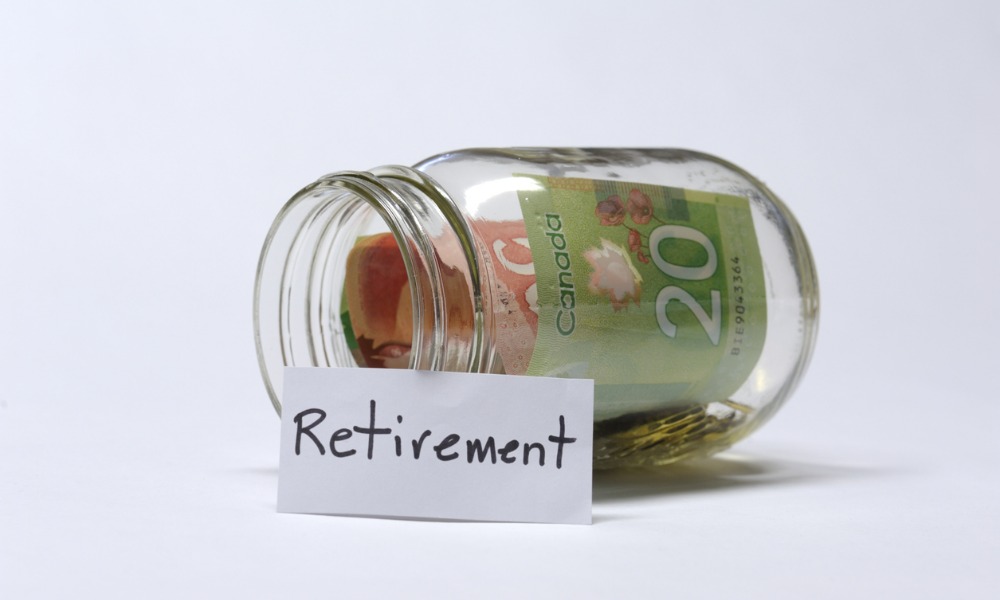More than half plan to take on side gigs after they retire

While many Canadians still intend to leave their 9 to 5 jobs, a recent poll commissioned by H&R Block Canada found that almost half of them are unprepared for retirement, have insufficient funds, and will need to work part-time to support themselves.
"Not so long ago, the traditional vision of retirement was that at around 65 years old, Canadians 'hung up their hats' and celebrated the end of full-time employment. Enjoying the steady income of their company/government pension, they were ready to embrace new life ventures in pursuit of the things they never previously had time for," said Peter Bruno, President of H&R Block Canada.
In an evolving image of "semi or gig-retirement", 50% of Canadians said they want to work a gig when they retire to supplement their income as many foresee retiring sooner than the country's average retirement age.
"What we're seeing now is that the vision for retirement has evolved dramatically – fuelled by shifts in tax-friendly savings plan options, evolving workforce realities, the gig economy, and the prevailing economic environment," Bruno said.
In 2022, the average age of retirement was 64 years and 6 months, according to Statistics Canada. However, 44% of respondents to the study said that they planned to retire before turning 64, while 36% of all respondents between the ages of 18 and 54 believe they will never retire.
When considering saving money for retirement, the present economic situation is placing pressure on many Canadians. The study found that 19% of respondents want to rely on government-sponsored retirement plans, and 55% believe they need to better understand tax-friendly retirement savings choices, such as RRSPs and TFSAs.
While 13% have not created retirement savings plans and 32% think they save enough money each month for a retirement fund, 52% feel they don't have enough money left over at the end of the month to save for their retirement. So far, 46% are satisfied with their retirement plan.
"There is no one-size-fits-all retirement plan or strategy for Canadians, but regardless of your personal situation, having a good understanding of your options and how tax-friendly savings plans work is key," Bruno said. "When it comes to tax filing time, it's also important you understand any changes that could impact how to maximize your tax return and minimize your taxable income."



